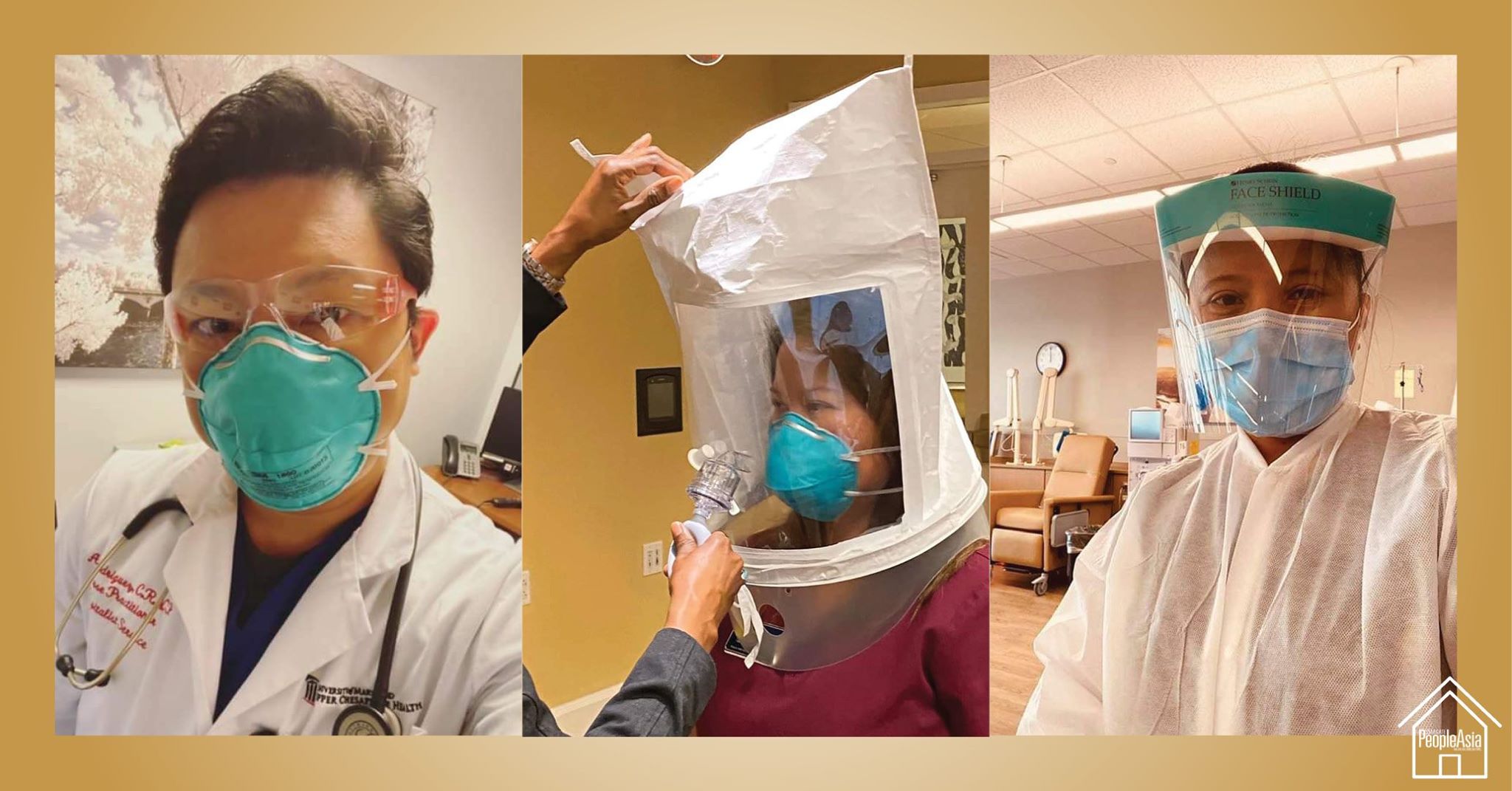By Jose Paolo S. dela Cruz
“The Backbone of the US healthcare system.”
Filipino medical front liners in the US are being hailed for their contributions in beating COVID-19 in the country hardest hit by the coronavirus pandemic, carrying “a significant load in the time of COVID-19,” Philippine Ambassador to the United States Jose Manuel Romualdez said yesterday.
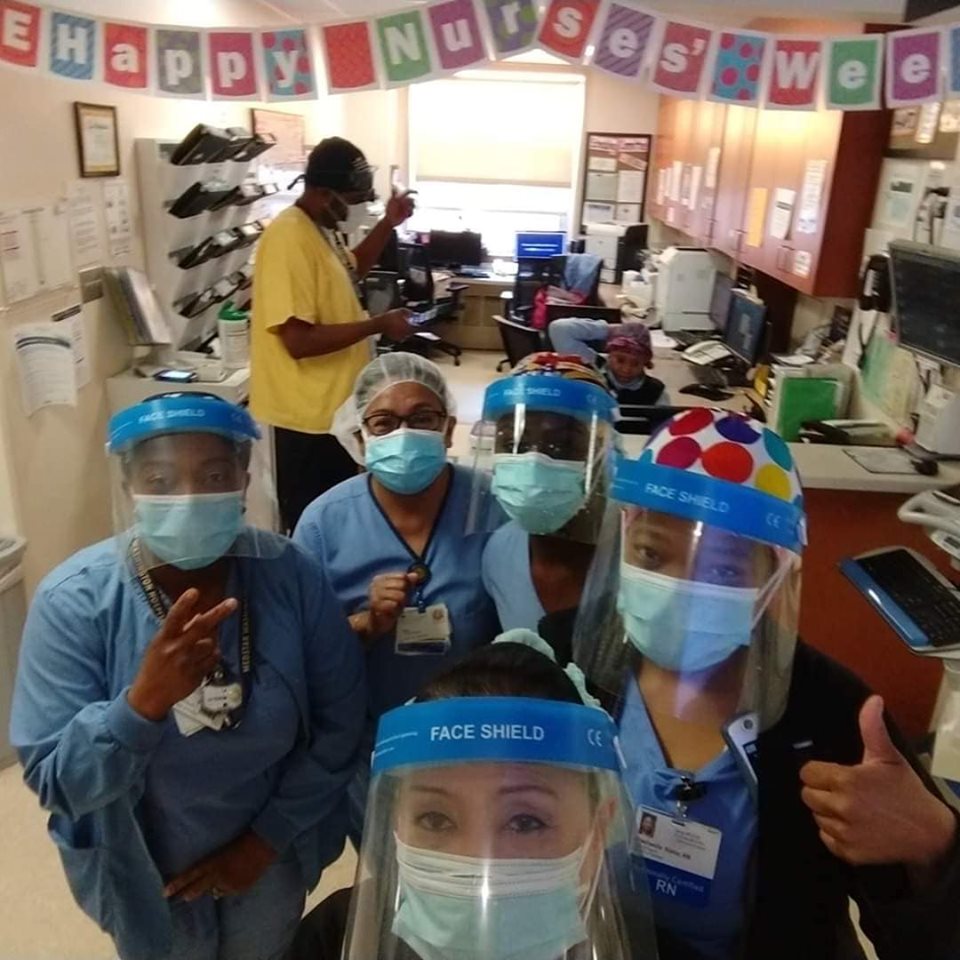
Romualdez also disclosed that the Philippine Embassy in Washington, DC has tracked 253 confirmed COVID-19 cases among Filipinos in the US and the Caribbean; and that 137 have so far succumbed to the disease–18 of whom were medical front liners. He also shared that 40 Filipino-American medical frontliners in the New Jersey-New York area have died because of COVID-19.
“What I can say is that Filipino healthcare workers in the US are very much appreciated for their work. They carry a significant load in the time of COVID-19,” Romualdez said in a televised interview with Presidential Communications Secretary Martin Andanar and Undersecretary Rocky Ignacio, over PTV’s Public Briefing: #LagingHanda.
‘Backbone of US health care’
According to a 2017 study by the Migration Policy Institute, there are 145,800 registered nurses and 10,160 physicians/surgeons in the US who are immigrants from the Philippines. “With their large number and reputation for excellence, dedication, and compassion, Filipino medical professionals have long been considered to be the backbone of the US healthcare system,” said Romualdez in an exclusive interview with PeopleAsia.
“Even before the COVID-19 pandemic, US government officials, business leaders and ordinary citizens have told us about how much they value the vital contributions of Filipino medical professionals. As the pandemic ravages communities and stretches healthcare capacities across the United States, advocacy groups have called attention to the toll it has taken on Filipino and Filipino-American medical front liners, and to the healthcare profession as a whole,” he added.
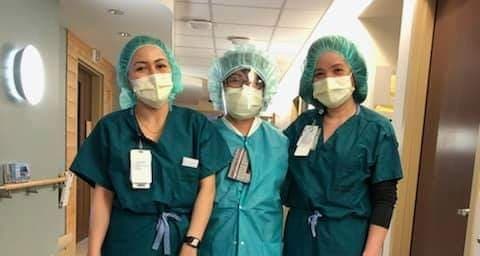
Romualdez also said that “Filipinos continue to deal with the situation with the resilience, courage and optimism that our people are known for. The bayanihan spirit is truly alive and well, as Filipino communities across the US and the Caribbean mount their own relief operations to help those in need. The Filipinos’ care and compassion are evident in the way they welcome stranded kababayans into their homes, share their food and blessings with the disadvantaged, and spread positivity through social media and other thoughtful actions.”
As of May 13, the US has recorded around 1.4 million COVID-19 cases and around 237,00 deaths and 83,000 recoveries. And while some states have registered lower numbers of infections in recent days, and have started to re-open businesses, the possibility of a second wave of infections still loom on the horizon.
“We tell the Filipino community to monitor and abide by the advisory of the local and state government. On our part, we give them as much advice as we can,” said Romualdez. “Many Filipinos here follow the state and local government. So far, we have not identified any violators,” he added.
Romualdez also reported that Filipino-Americans have benefitted greatly from the federal government’s aid distribution program, wherein each family received between $2,000 to $3,000. “Medium enterprises such as restaurants have likewise received aid that can be considered as a free loan from the government, for as long as they don’t let go of their employees. The federal government’s help for small enterprises have also helped many of our fellow Filipinos who are working for American businesses survive,” he said.
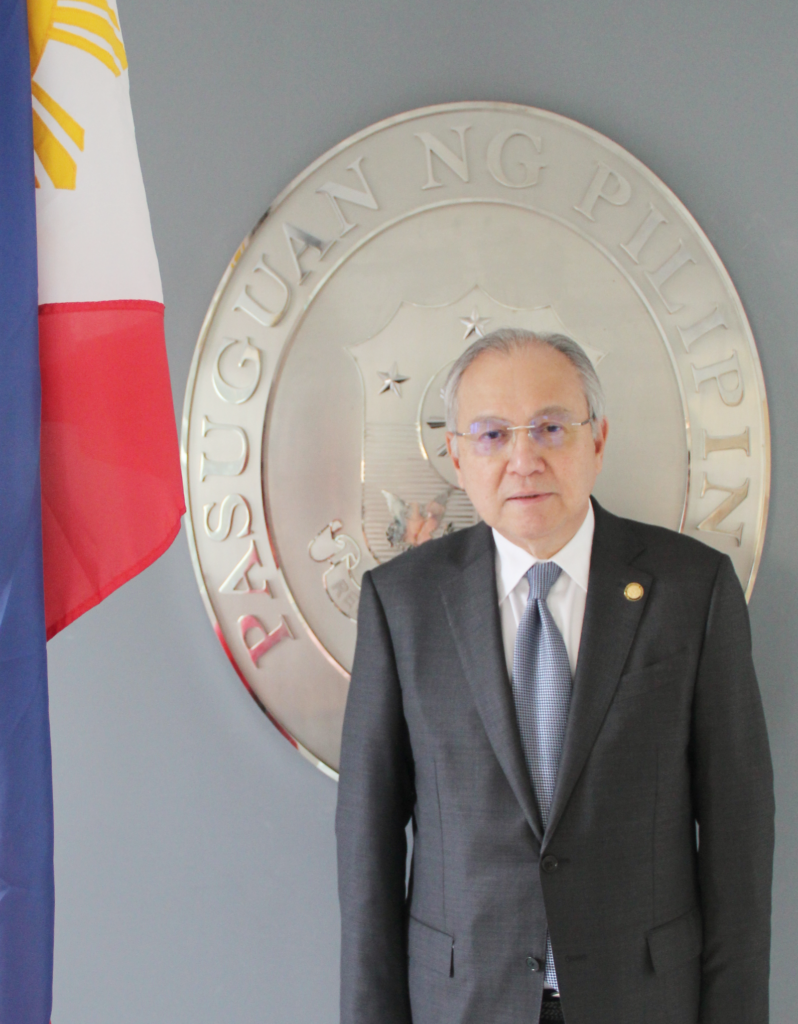
Support from the Philippine government
To help the Filipino community in the US cope with the pandemic, the Philippine Overseas Labor Offices (POLOs) in Washington, DC and Los Angeles have started to distribute the one-time financial cash assistance to qualified Filipino workers in the US and Caribbean who lost their jobs due to COVID-19. This assistance, which amounts to $200, is extended through the DOLE-AKAP program for overseas Filipino workers.
The Overseas Workers Welfare Administration (OWWA) is also providing financial assistance to active and inactive OWWA members who have been infected with COVID-19.
In the Caribbean, whose tourism and hospitality industries are devastated by the pandemic, the Consular Section of the Embassy and POLO-DC are working together in delivering food assistance to workers in Trinidad and Tobago, Cayman Islands, The Bahamas, and Turks and Caicos Islands, among others. Some have received it already while others are in the pipeline.
Romualdez also shared that the embassy is likewise facilitating the repatriation of thousands of Filipino seafarers working on cruise ships, and extending appropriate assistance to Filipino exchange visitors or J1 visa holders whose cultural and educational programs in the US were negatively affected by the COVID-19 crisis.
Since J1 visa holders are not technically considered as overseas Filipino workers, they don’t qualify for OFW funds. As such, the embassy in DC sends requests to the Philippine government on their behalf to help them in their time of need. “This is something that we are prioritizing as of the moment,” Romualdez assured.
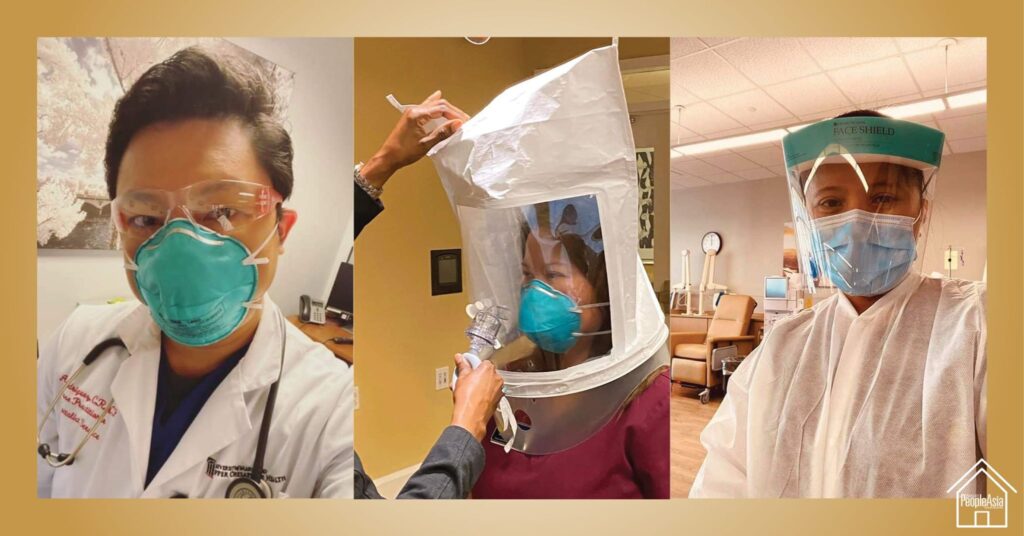
While all J1 visa holders need to be sent home, there are still some who have expressed their intention to stay. Most of them are employed by US-based hotels and hospitality establishments that were forced to close down temporarily due to the pandemic. “When needed, we help them extend their visas so that they may stay here and wait out the situation. We are also working with their sponsors to ask them for help in expenses for sending them home. Another problem though is that we have limited flights,” he said.

